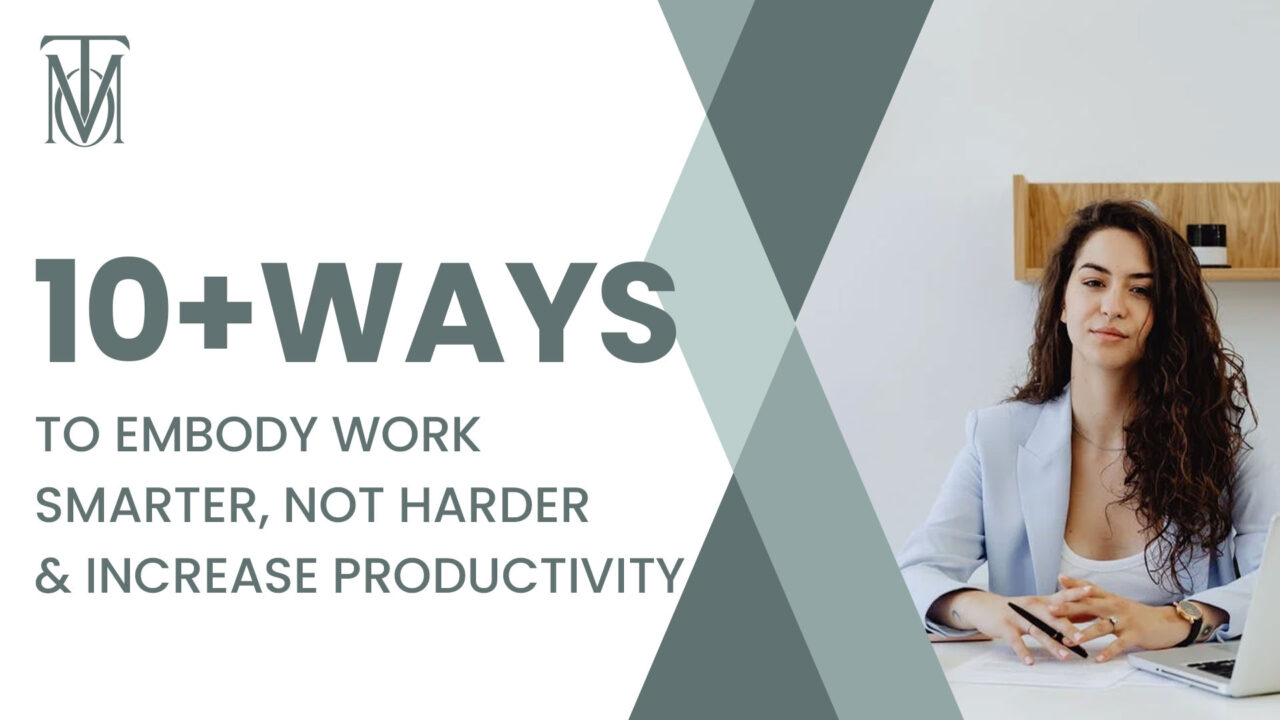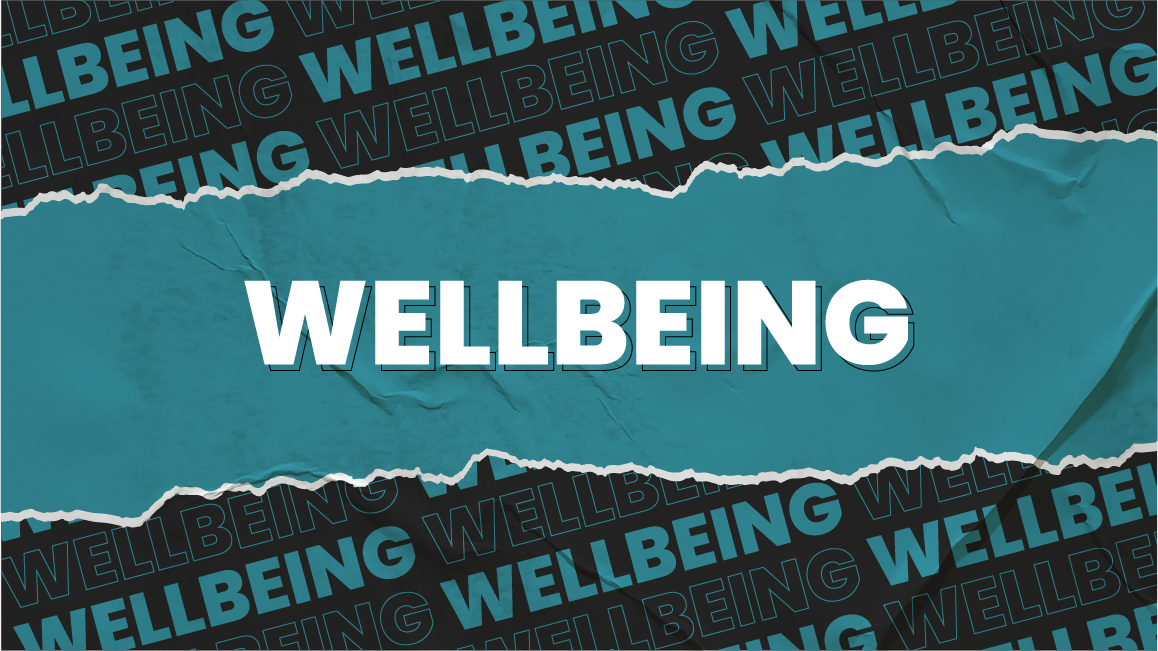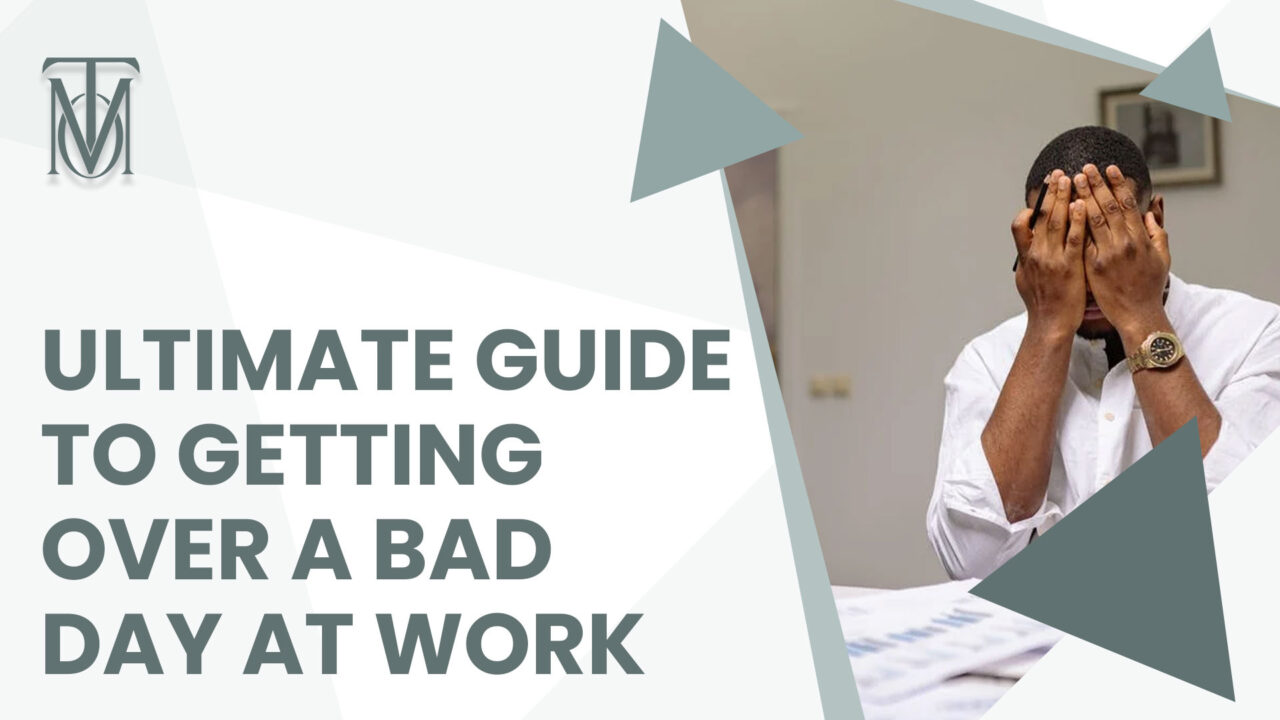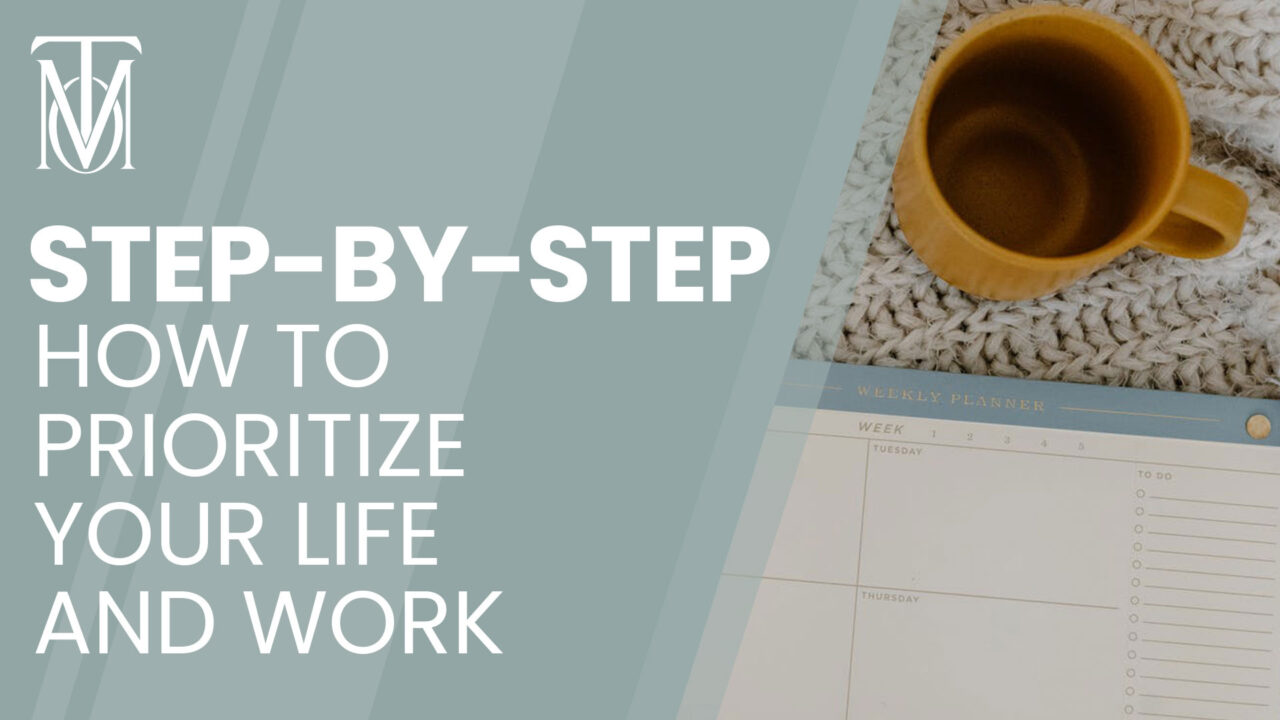Working smarter, not harder, can boost your daily productivity and performance while increasing job satisfaction. Learning smarter working strategies can help you increase productivity at work and be more successful throughout your career. Time management skills can also make you a valuable asset.

Is It Better To Work Harder Or Smarter?
The concept of working smarter rather than harder is not new.
It’s fairly simple to explain what it means to work hard. Long work hours are required if you want to be successful in the long run. You must begin before everyone else and stay up late after everyone else has finished their afternoons and evenings.
On the other hand, it’s difficult to find a clear definition of working smart and how it differs from hard work. Many people work hard, but only a few achieve true success because smart work makes the difference.

How Can I Learn To Work Smarter, Not Harder?
Working smarter, not harder, entails better time management, knowing what needs to be done and when, and utilizing tools to keep you on track. Strengthen your communication and collaboration skills for greater productivity.
Create A Morning Routine
Try to start your day the same way every day. It could be as simple as going for a short walk before sitting at your desk or as complex as starting your day by reading a book for professional development.
Meditation can be a great way to start your morning by improving your mood, keeping your mental health in check, and reducing stress and anxiety.
Measure Your Outcomes Rather Than Your Time
Keep a running list of everything you do during the day. You’ll gain a sense of purpose and accomplishment as a result. This list allows you to celebrate your accomplishments easily and better predict how long similar tasks will take in the future.
Utilize The Time Of Others
The approach of doing everything yourself is the most dangerous foe of smart work. With that mindset, you never focus on creating and delivering the most value; instead, your perfectionist mindset forces you to work harder, not smarter.
You must learn how to delegate if you want to work smart. You must view other people’s time as an infinite resource in which you can invest if you know how to inspire, motivate, and lead people or have enough money to pay them well.
Aim For Progress Rather Than Perfection
When you focus on progress rather than perfection, you can increase productivity and get more done. You can waste time trying to get everything just right.
Perfectionism can cause you to work harder rather than smarter by constantly striving for perfection in challenging tasks you could complete in half the time.
Instead of focusing on perfection, concentrate on making progress toward your goals. Work to the best of your ability, and then move on.
Alternatively, spend time on a project you excel at and find others to help you with the rest.
Make Meetings More Productive
Meetings are frequently required, and going in with a plan can help them be more effective. An outline of the most important tasks, what you want to discuss, and your desired outcome can help keep meetings shorter and more focused.
Keep the meeting as brief and productive as possible, and conclude with action items to ensure everyone understands what you expect from them.
Pay Attention To One Task At A Time
Switching from one task to another without finishing the first can be inefficient because your brain may require time to adjust its focus. You can avoid this by concentrating all your attention on one task until it is complete or a natural stopping point is reached.
You may also be able to schedule regular breaks around your lessons and get enough sleep to allow your brain to recharge before beginning the next one.
Schedule Tasks Based On Your Energy Level
Consider trying to align the energy they require with the power they have if you can complete tasks in any order.
Productivity tips, if you are more productive in the morning, try to schedule your most important or time-consuming tasks. If you lack motivation at the end of the day, save your shorter, easier jobs so you can still be productive.
Learn Everything You Can
Always keep a steep learning curve in mind. Examine your skill profile to see where you need to fill a gap. Talk to influential people and network in your field.
Keep up with the latest trends and developments. You will be the best equipped to seize an opportunity because you have never stopped learning.
It is an excellent way to work smarter rather than harder.
Surround Yourself With Smarter, More Successful People
You are the ordinary five people with whom you spend most of your time. Smart workers know they must associate with people on their way to or have already achieved what they desire.
Smart workers want to associate with people smarter than them and superior in some way, and then they want to learn everything they can. Develop your active listening skills for successful people. Smart people are picky about whom they spend their time with.
On the other hand, hard workers are terrified of those superior to them. They’re too scared to ask their boss out for a drink.
They work hard to compensate for their fear, hoping someone will notice them, but that is not how things work.
Consider The Positive Aspects Of Life
Another critical component of smart work is to maintain a positive attitude in the face of adversity. You can’t live a positive life if you have a negative mind, and you can’t be a smart worker if you have negative thinking and a pessimistic outlook.
There’s a simple reason for this:
When dealing with negative emotions, your creative thinking and horizons narrow, and you devote all of your cognitive resources to whining and feeling sorry for yourself.
As a result, you become blind to opportunities and ideas that would propel you forward.
You begin to isolate yourself, and each day, you allow negative thoughts and emotions to cloud your judgment and prevent you from seeing all the opportunities.
When you have a negative attitude toward life, you fall behind.
Create A Closing Routine
If you have a routine for starting your day, try to have a way of ending your day because it can set you up for a great start the next morning. Make a list of the top three to five things you want to do the following day.
Consider cleaning your desk and putting away any misplaced items when you’re finished.
Conclusion
Working smarter frees up valuable time and energy for the things that truly matter—your life goals, personal growth, health, and relationships.
















